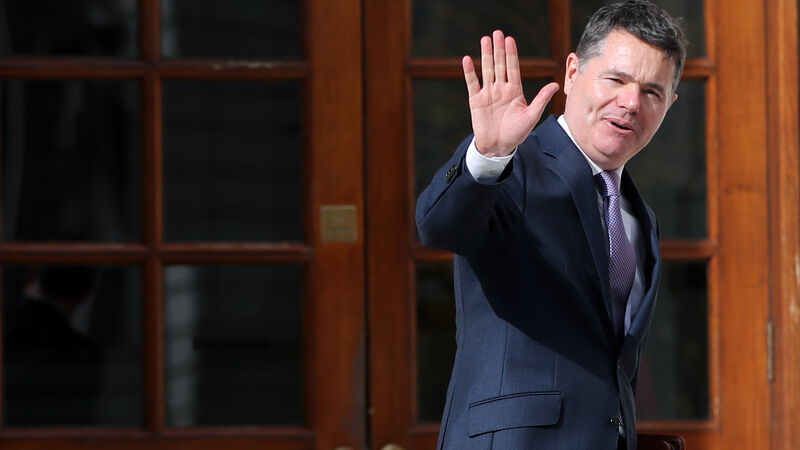Fergus Finlay: Boom, Bertie, and busts — let’s not get boomier this time around

Finance Minister Paschal Donohoe says it is far too soon to be talking about an economic boom, contradicting what the Central Bank is predicting. Picture: Niall Carson/PA Wire
Barring accidents, it seems we’re going to have an economic boom. And by all accounts, it’s going to last for years. The question is — if we can avoid the accidents, what sort of a miracle will we need to prevent us blowing the boom?
The boom is on the way — there seems to be little doubt about that. You mightn’t be feeling it yet, but all the wild-eyed woolly left-wingers and crazy radicals are predicting it. Take the ESRI, for instance, that bastion of nutty liberalism. Their latest pronouncement (yes, they do hedge it around with some risks about Covid) says:












